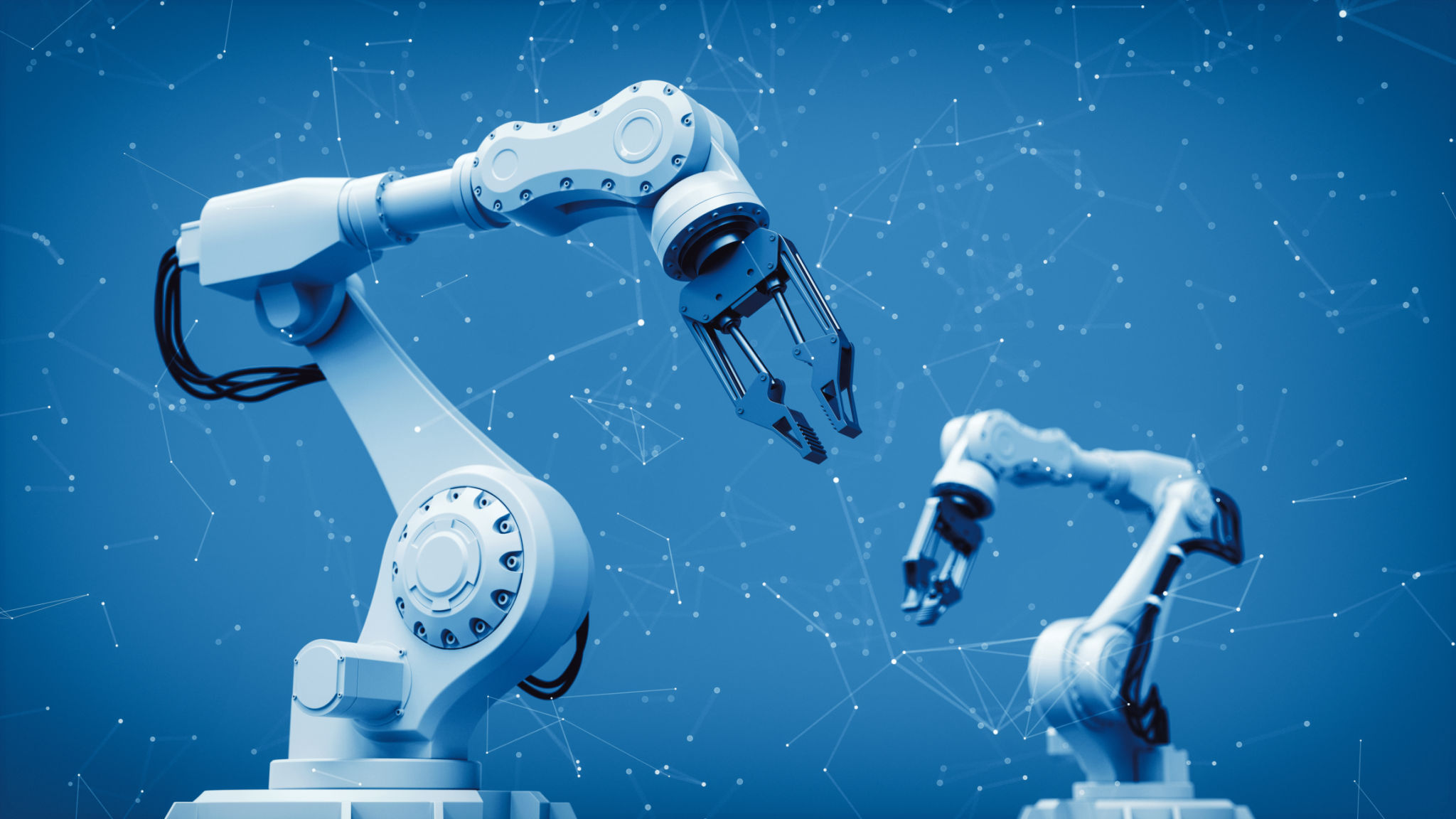Expert Insights: The Future of Industrial Automation in Hungary
Introduction to Industrial Automation in Hungary
Hungary is rapidly emerging as a key player in the field of industrial automation, driven by advancements in technology and a robust manufacturing sector. As the global market evolves, Hungary is positioning itself to leverage these changes and enhance its industrial capabilities. The future looks promising with the integration of cutting-edge technologies that promise to revolutionize the manufacturing landscape.

Current Trends in Industrial Automation
Currently, Hungary is witnessing a surge in the adoption of automation technologies across various industries. The implementation of smart factories is becoming more prevalent, where systems are interconnected through the Internet of Things (IoT) and Artificial Intelligence (AI). This integration allows for real-time data analysis and improved operational efficiency.
An increasing number of companies are investing in robotics to streamline their production processes. This trend is expected to continue as businesses aim to reduce costs and improve precision in manufacturing. The use of collaborative robots, or cobots, is especially notable, as they work alongside human workers to enhance productivity.
Challenges and Opportunities
While the prospects for industrial automation in Hungary are promising, there are several challenges that need to be addressed. One significant challenge is the skills gap in the workforce. As technology advances, there is a growing need for skilled workers who can operate and maintain automated systems.

However, this challenge also presents an opportunity for educational institutions and training centers to develop programs that equip workers with the necessary skills. By addressing this gap, Hungary can ensure a smooth transition into a more automated industrial future.
The Role of Government and Policy
The Hungarian government plays a crucial role in fostering the growth of industrial automation. By providing incentives and creating favorable policies, the government can encourage more companies to adopt advanced technologies. Investments in infrastructure and research and development are also critical to support this transition.
Moreover, public-private partnerships can drive innovation and create a collaborative ecosystem where businesses and academia work together to advance automation technologies.

Future Prospects
The future of industrial automation in Hungary appears bright as more industries recognize the benefits of adopting these technologies. With continued investment and innovation, Hungary has the potential to become a leader in industrial automation within Europe.
The integration of Industry 4.0 principles will further enhance productivity and competitiveness on a global scale. As Hungary continues to embrace these changes, it will undoubtedly pave the way for a new era of manufacturing excellence.
Conclusion
In conclusion, industrial automation presents a transformative opportunity for Hungary's manufacturing sector. By embracing technological advancements and addressing potential challenges, Hungary can secure its position as a frontrunner in this dynamic field. As experts predict, the future of industrial automation in Hungary is set to drive growth, efficiency, and innovation across all sectors.